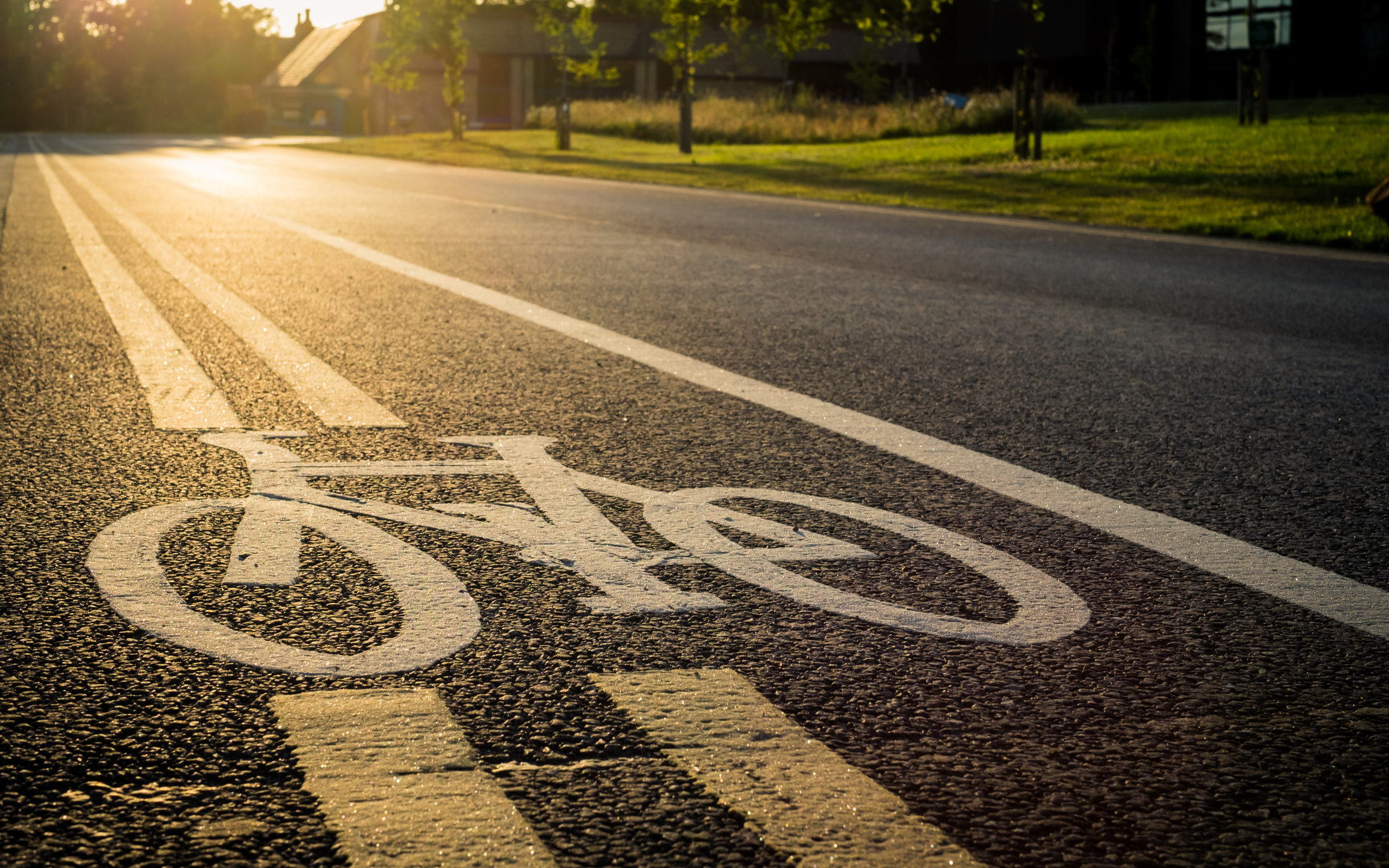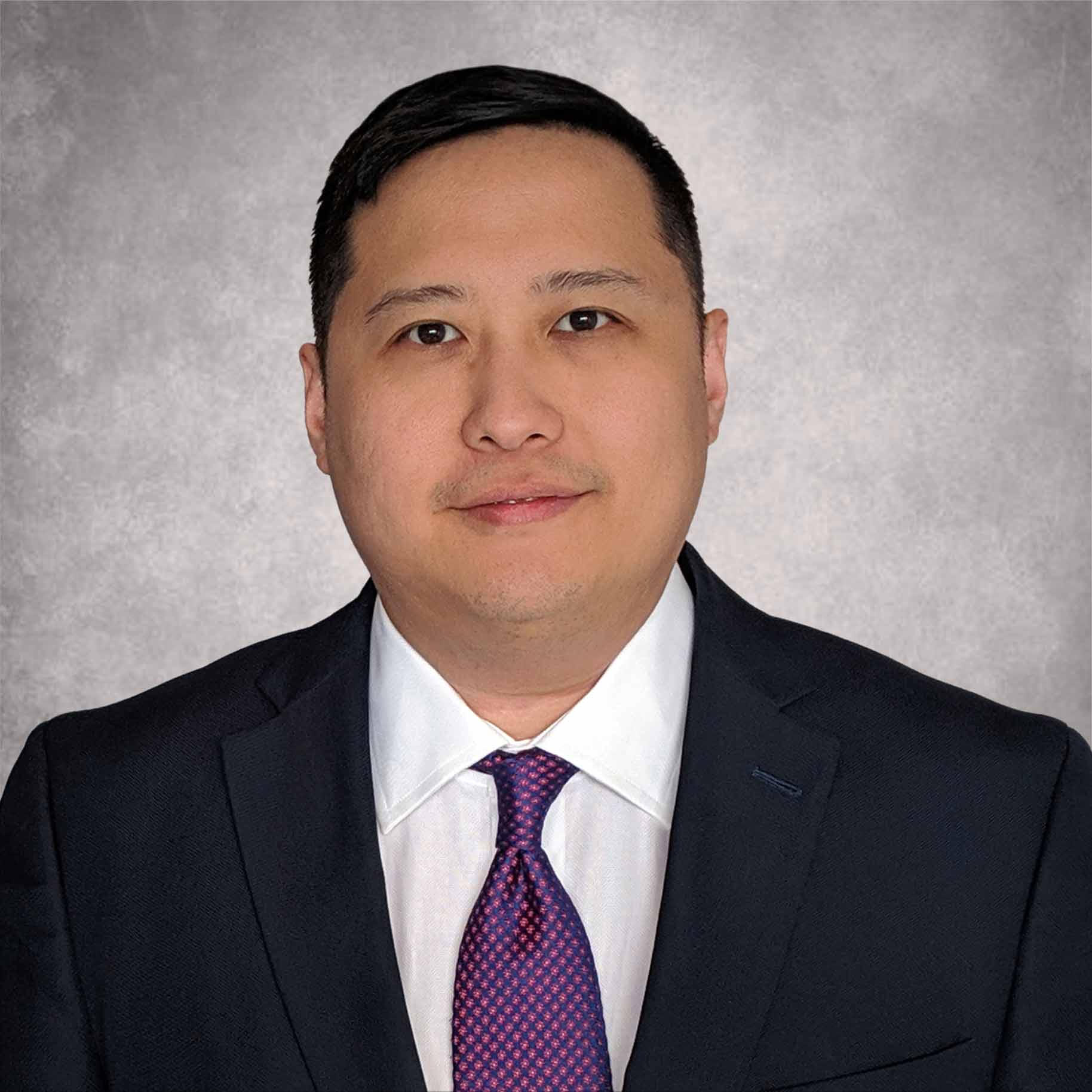In June 2022, FIFA (the international body that governs professional soccer) announced that Kansas City, MO would host the 2026 World Cup. Kansas City has four years to prepare for a large influx of visitors from around the world. A core component of the KC2026 bid was sustainability: they want any World Cup-related infrastructure upgrades to drive permanent improvement for the City’s residents. An example of that sustainable infrastructure improvement is investing in multi-modal transportation. Currently, Kansas City is a car-centric city, with 81% of commuters driving alone in their car. While it has a streetcar and an extensive pedestrian and bicycle trail network, most residents rely on privately-owned automobiles as their primary mode of transportation. This presents a problem for the World Cup, as most visitors will not own a car, and if they each rented one, it would cause excess stress on existing road and parking infrastructure.
Kansas City will partner with FUSE to develop environmentally sustainable, multi-modal transportation infrastructure plans. The FUSE Executive Fellow will develop bicycle and pedestrian infrastructure that leverages existing trail networks and will generate additional innovative transportation recommendations that advance Kansas City’s World Cup and resident transportation needs. The result of this work will be a foundation for green, equitable, multi-modal transportation systems that serve both World Cup visitors and long-term residents.


